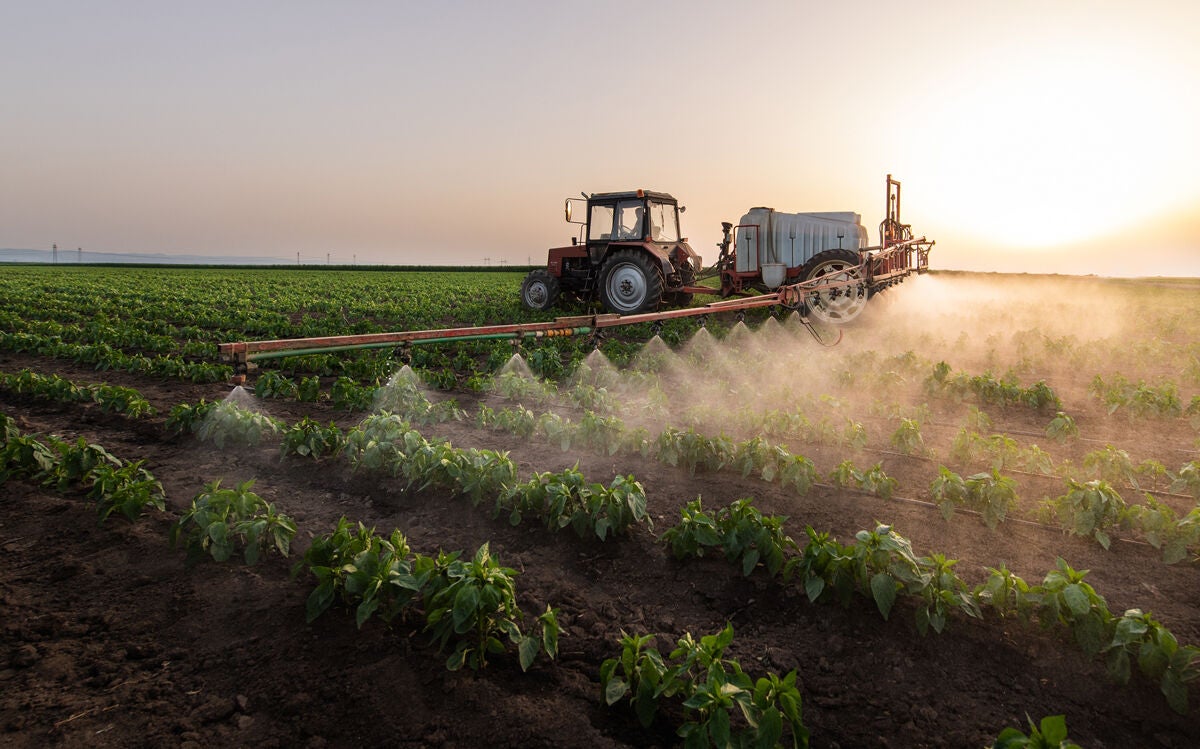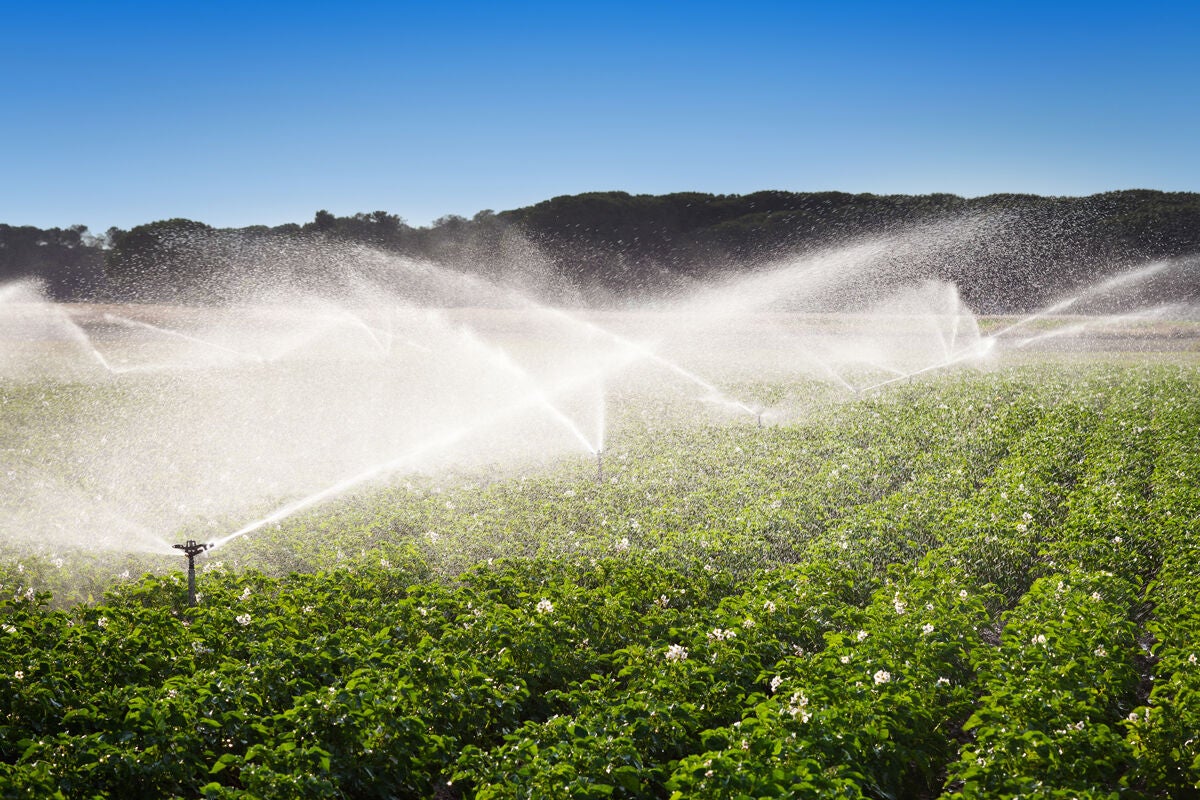Rural Insight -
Fertiliser options opening up for farmers

A recent AgFirst dairy farm survey revealed the extent of cost pressures on farms, with on farm cost inflation averaging 11% a year for the past two years, and farm working expenses now accounting for $5.32 per kg milk solids.
That surge prompted ag-economist Phil Journeaux to note that farm working expenses are now increasing 1.5% faster than the increase in net farm income.
Dry stock farmers, with their lower labour and fertiliser components were also not immune, facing an increase of almost 9% a year for the past two years.
Among the big cost drivers are the usual big-ticket suspects – namely labour, fuel, and fertiliser, coupled with interest rates also starting to play more heavily on farm bottom lines as term facilities get reviewed and rolled over.
As a component of farm costs, fertiliser will typically range between 5% and 15% the milk solid costs, depending upon the farm system. Therefore, the significant surges in fertilisers that have ranged between 10-50% per tonne can translate into a noticeable portion of the cost increases farmers are experiencing.
DAP (phosphate) fertiliser, for example, soared by over 80% to importers, pushing prices to farmers up by more than 60% while base type urea fertiliser has gone up over 50% in the past 12 months.
With 70% of the fertiliser sold in New Zealand sourced offshore, farmers’ exposure to continuing increases remains significant. Even before the Ukraine war broke out, the prices in autumn had already surged in response to higher energy costs, and a Chinese temporary ban on phosphate exports for almost 12 months was just starting to bite given they wanted to protect their domestic supply.
With the Ukraine war came the loss of one of the world’s largest nitrogen fertiliser production sources, obviously reducing supply and only adding to cost pressures. There is little prospect of these easing in the next 12 months. This has left farmers everywhere evaluating their options for either optimising what fertiliser they do use or looking to viable alternatives to replace or supplement lower conventional fertiliser use.
The range of non-conventional fertilisers assessed by farmers has a big base in the seaweed or fish-based sources, with some major local players reporting significant lifts in interest from farmers.
While not always moving to a completely non-conventional fertiliser regime, many farmers are opting to use a portion of these products to try and offset some of the more expensive conventionally sourced fertilisers.
Nick Hawken, Bayleys’ National Director Rural, says producers are very focused on optimising their bottom line so the value of alternative fertilisers is starting to be scrutinised far more closely. The interest in alternative fertilisers is two-fold – driven not only by price hikes in conventional fertilisers but also growing interest in the likes of regenerative farming systems.
“Buyers assessing a farm business today have one eye on what that farm’s costs are likely to be moving forward, and whether the farm system’s production figures will be as viable in a cost-push environment,” he says.
Work by alternative fertiliser companies to identify where their products are most valuable has also ramped up, with varying levels of field trial research underway.
Paeroa-based AgriSea has been around for 25 years and has become something of a landmark company for developing innovative, sustainable seaweed-based fertilisers over the years.
Originally established by Jill Bradley, mother of current co-owner Tane Bradley, the business kicked off developing seaweed fertilisers after Jill was so impressed at the health and well-being of an organic dairy farm she visited one summer.
Twenty-five years on, the company employs 34 staff and has doubled down on its research work around alternative uses for seaweed beyond fertiliser.
In 2020 the business was awarded a Fieldays Innovation Award for a prototype formulation that helps reduce oxidative stress in cows and boosts disease resistance and urinary nitrogen discharge by 18%.
A grant from the Callaghan Innovation Research and Development fellowship has been supported by a further grant to help AgriSea develop hydrogels in conjunction with forest researcher Scion.
In the South Island another family-owned business, United Fisheries, started its own fish fertiliser brand, Bio Marinus, as an outlet for catch by-product to help the business meet its sustainability goals.
The founder Kypros Kotzikas started developing a liquid fish fertiliser that had a patented hydrolysis technology. The process ensured the fish waste, when treated, maintains a high level of nutrient quality in a form that is easily delivered on farm via soluble fertiliser spray systems.
United’s early small-scale studies completed in conjunction with Lincoln University have demonstrated the benefits of the fertiliser developed by the company.
The researchers concluded from the trials that when the fish-based fertiliser was applied with liquid urea, the amount of urea required could be reduced by one third to deliver the same dry matter production as urea-only treatments.
The pasture treated with the fish fertiliser also had a higher metabolisable energy value, while calcium and magnesium levels were also 10% higher in the treated pasture.
Trial work using Southland-based humates from Southern Humates has also shown the value of supplementing lower quantities of urea with humates. The research published in Nature magazine two years ago found that a combination of humates and urea will lift pasture production by 10-15% above urea use alone.
Nick Hawken says farm buyers are increasingly looking harder at how a farm has arrived at the production it has achieved.
“Putting the environmental aspects of conventional fertilisers to one side, it may well be a case that a farm’s bottom line is completely revisited, exploring alternative fertiliser input options, and whether there is a net benefit beyond what a conventionally fertilised system may deliver,” he says.

Read more...